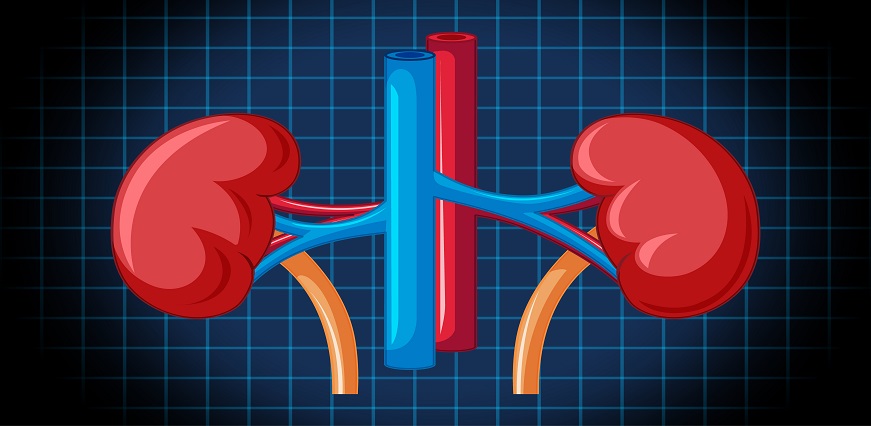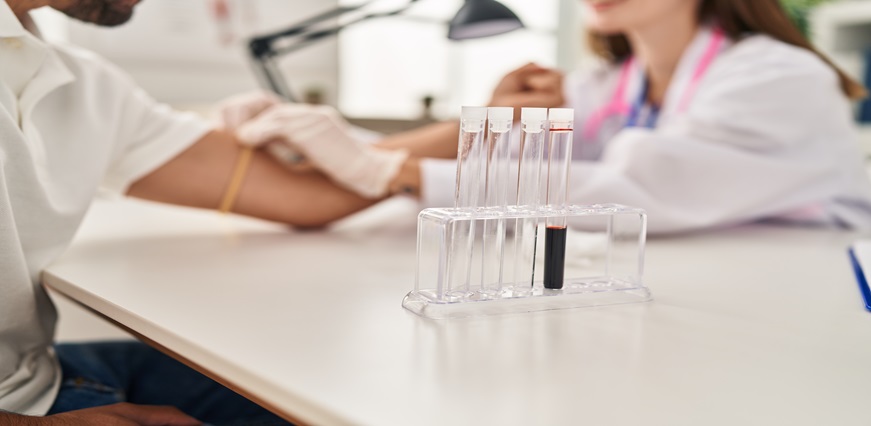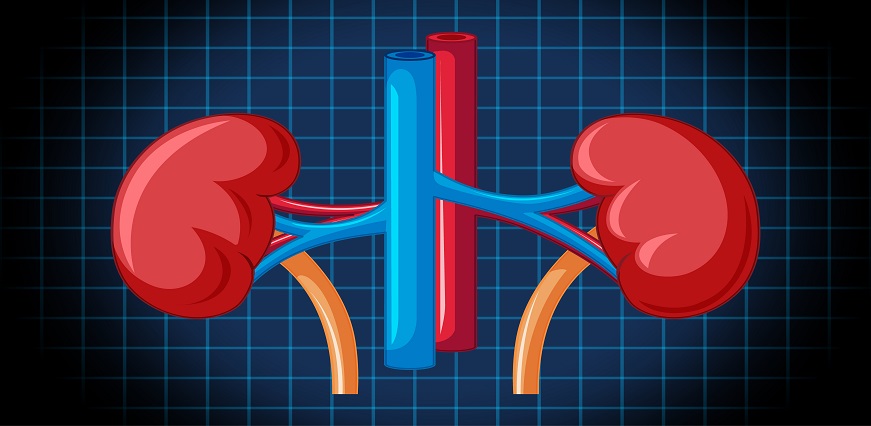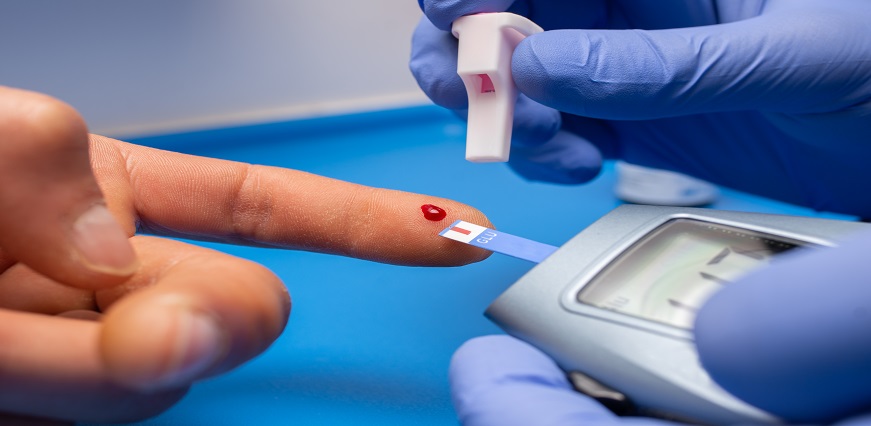

Max Lab > Lab Test in Rohtak > Lab Test in Dobh > Non Invasive Prenatal Aneuploidies Screening (NIPT) Test
₹ 15000
10% OFF for Senior Citizens | USE CODE SS10 *
|
|
Non Invasive Prenatal Aneuploidies Screening (NIPT) Test |
|
|
Blood |
|
|
Doctor Prescription is must
|
|
|
|
|
₹ 15000 |
@3x.png) Description
Description
The Non-invasive Prenatal Testing (NIPT) is a prenatal screening test in Dobh, Rohtak used to detect potential chromosomal abnormalities and other fetal health concerns. It provides expectant parents with early insights into their baby's genetic health. NIPT is a blood test in Dobh, Rohtak recommended for all pregnant women, but especially those in certain categories with a higher risk of chromosomal abnormalities.
The NIPT Test is a sensitive screening test in Dobh, Rohtak that primarily assesses the condition of Down syndrome (trisomy 21), Edwards syndrome (trisomy 18), and Patau syndrome (trisomy 13).
NIPT lab test in Dobh, Rohtaks can also detect abnormalities in sex chromosomes and other genetic conditions. While it's a valuable tool, it's important to remember:
NIPT is a screening test in Dobh, Rohtak: It indicates an increased risk of an abnormality, but it's not diagnostic. Further test in Dobh, Rohtaking may be needed.
NIPT doesn't detect all abnormalities: It focuses on specific chromosomal conditions.
NIPT blood test in Dobh, Rohtak reports can help in determining the sex of the fetus. Moreover, a non-invasive prenatal paternity test can be performed as early as the 7th week of pregnancy to determine the paternity of the fetus.
Unlike other invasive test in Dobh, Rohtaks like Chorionic villus sampling (CVS), amniocentesis, and percutaneous umbilical blood sampling, a basic NIPT test in Dobh, Rohtak poses no risk to the fetus.
Chromosomal abnormalities can happen during fetal development or egg/sperm formation due to errors in cell division (meiosis or mitosis). While maternal age is a risk factor, these abnormalities can occur in pregnancies regardless of age or health history.
NIPT test can scan several key abnormalities and help doctors and parents-to-be to prepare for and manage pregnancy more effectively.
While there are no outward signs that indicate chromosomal disorders, pregnancies that are at a higher risk conditions include,
@3x.png) Description
Description
The Non-invasive Prenatal Testing (NIPT) is a prenatal screening test in Dobh, Rohtak used to detect potential chromosomal abnormalities and other fetal health concerns. It provides expectant parents with early insights into their baby's genetic health. NIPT is a blood test in Dobh, Rohtak recommended for all pregnant women, but especially those in certain categories with a higher risk of chromosomal abnormalities.
The NIPT Test is a sensitive screening test in Dobh, Rohtak that primarily assesses the condition of Down syndrome (trisomy 21), Edwards syndrome (trisomy 18), and Patau syndrome (trisomy 13).
NIPT lab test in Dobh, Rohtaks can also detect abnormalities in sex chromosomes and other genetic conditions. While it's a valuable tool, it's important to remember:
NIPT is a screening test in Dobh, Rohtak: It indicates an increased risk of an abnormality, but it's not diagnostic. Further test in Dobh, Rohtaking may be needed.
NIPT doesn't detect all abnormalities: It focuses on specific chromosomal conditions.
NIPT blood test in Dobh, Rohtak reports can help in determining the sex of the fetus. Moreover, a non-invasive prenatal paternity test can be performed as early as the 7th week of pregnancy to determine the paternity of the fetus.
Unlike other invasive test in Dobh, Rohtaks like Chorionic villus sampling (CVS), amniocentesis, and percutaneous umbilical blood sampling, a basic NIPT test in Dobh, Rohtak poses no risk to the fetus.
Chromosomal abnormalities can happen during fetal development or egg/sperm formation due to errors in cell division (meiosis or mitosis). While maternal age is a risk factor, these abnormalities can occur in pregnancies regardless of age or health history.
NIPT test can scan several key abnormalities and help doctors and parents-to-be to prepare for and manage pregnancy more effectively.
While there are no outward signs that indicate chromosomal disorders, pregnancies that are at a higher risk conditions include,

The kidneys play an important role in maintaining overall health. One of thei...Read More

Creatinine is a chemical by-product produced by regular muscle metabolism as ...Read More

Two bean-shaped organs in the human body, the kidneys are as important for ma...Read More

High blood urea is a condition that affects millions of people worldwide. It ...Read More

Urinary tract stones, commonly known as kidney stones, are hard mineral depos...Read More

Uremia is a word that makes people raise an eyebrow and question. It's no...Read More